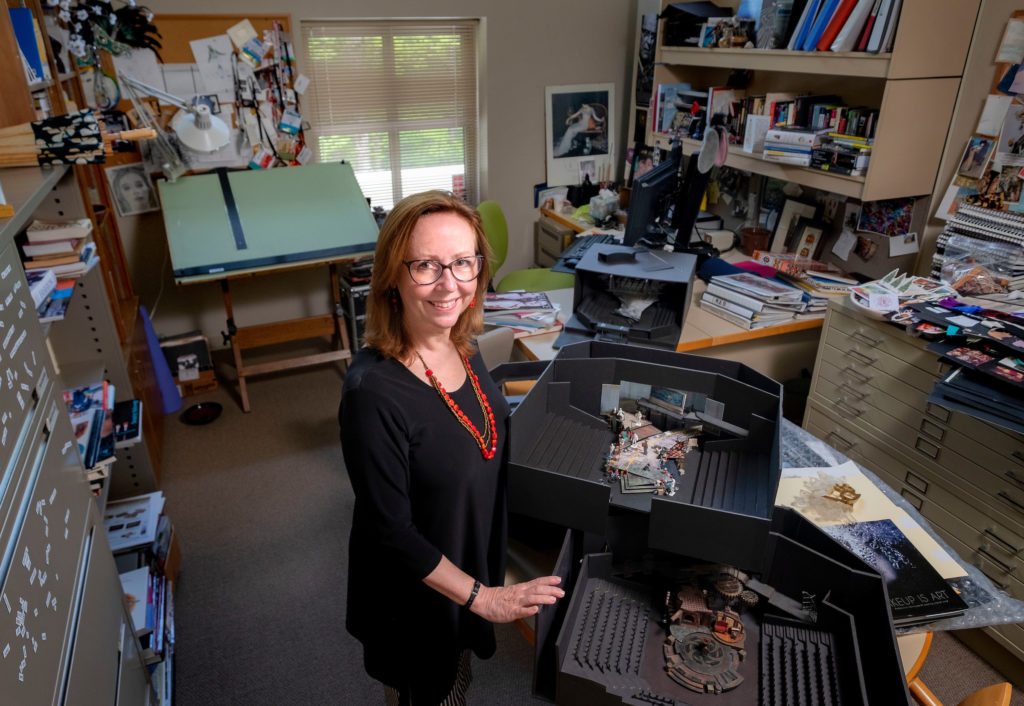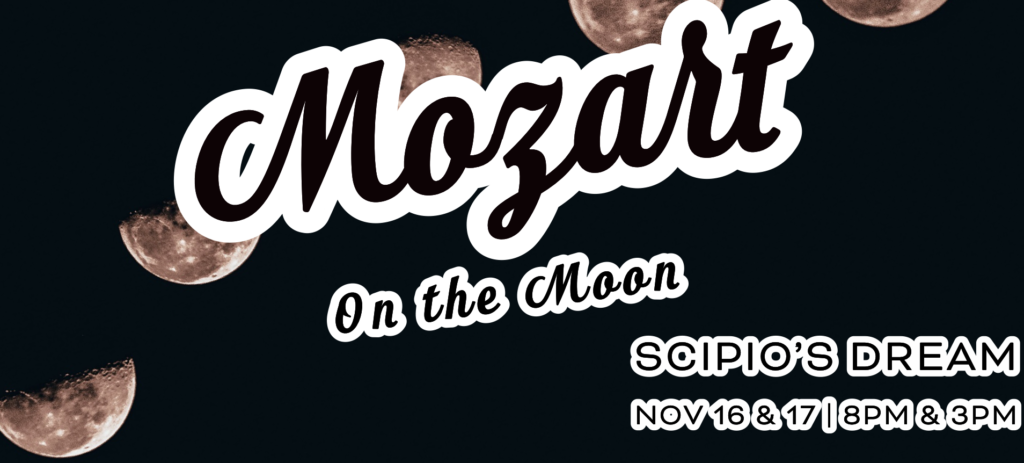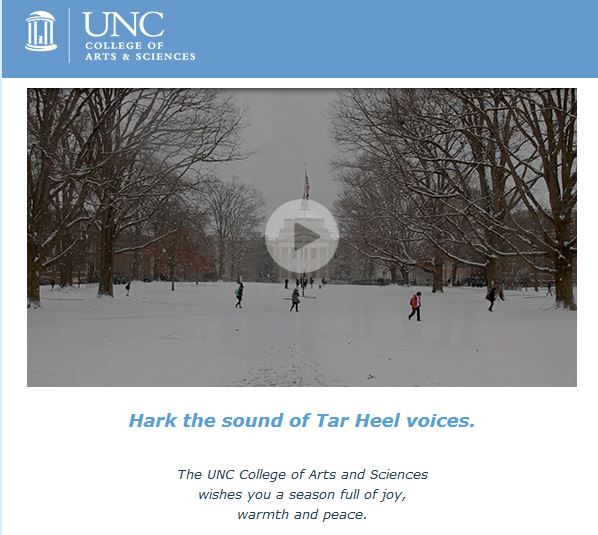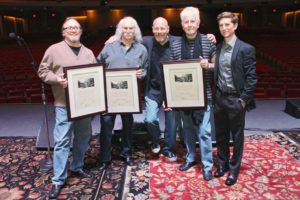
When Los Angeles-based music industry entrepreneur Ken Weiss first moved to Chapel Hill in 2007, he had no idea he’d be co-teaching the University’s first course in artistic entrepreneurship just three years later.
An article in The New York Times that quoted music department chair Mark Katz on digital music piqued Weiss’ interest. He sent Katz an email, they had coffee and some good conversation, and after months of planning, they were teaching their first class in the College of Arts and Sciences’ minor in entrepreneurship. The artistic track is one of five areas of focus in the minor; the others include social, sport, scientific and commercial.
“To put it into a music context, we were writing brand new songs, and we didn’t have the hits to fall back on,” said Weiss, an entrepreneur-in-residence who has worked with some of the biggest names in popular music. “We didn’t have a safety net, but we used our respective skills and strengths to pull it off. The class has evolved over the years, and it continues to evolve as the industry changes.”
Weiss has had a musical publishing and production career that has crossed genres, from his initial start at Warner Brothers Music at age 20 to forming his first company shortly thereafter with Chris Hillman of The Byrds, then creating Gold Hill Music with Stephen Stills of Crosby, Stills & Nash (and Young). Gold Hill Music had sales of tens of millions of recordings with CS&N and other artists, including Fleetwood Mac, Aretha Franklin, Bob Seger, Joe Cocker and more. Weiss has been awarded 20 gold and platinum records.
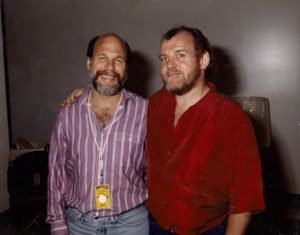
When Crosby, Stills & Nash were in town for a sold-out March 24 show at the Durham Performing Arts Center, Weiss and Katz teamed up to award the trio a proclamation from the department of music honoring their more than four decades of contributions to music, songwriting, their unique vocal harmonies, and their efforts to use music as an effective tool for promoting progressive environmental, political and social change.
“Crosby, Stills & Nash were able to use their name recognition to gather people together,” Weiss recalled. “For example, in 1979, we did a series of shows at Madison Square Garden called No Nukes, [advocating against the use of nuclear energy], and Graham Nash was one of its most significant players.”
As the music industry has evolved, so has Weiss’ career. He said he doesn’t want to be defined by any one thing, and his many musical interests bear that out. Weiss is also a television and feature film music supervisor, and he created a company called Bronx Flash Music when he signed famed Broadway songwriter Frank Wildhorn to an exclusive music publishing deal. Wildhorn’s Tony-Award-nominated Broadway composing credits include the musicals “Jekyll & Hyde,” “The Scarlet Pimpernel,” “Dracula” and “Bonnie & Clyde.”
Weiss said he loves working with undergraduate students. He’s also a guest lecturer in the large introduction to entrepreneurship class. He said he tries to communicate that having an entrepreneurial career in the arts is not about the money.
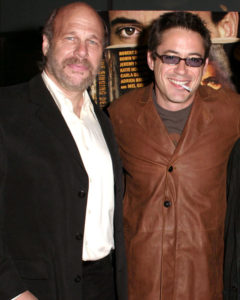
“It’s a way of thinking. In the arts, we are driven by our passion,” he said. “We have to have a sense of structure; that’s important. But if I can successfully communicate to students that having a passion for something they believe in is very powerful, then I will have done my job.”
Weiss continues to work on new projects all the time. “With my own company, I can do business from anywhere,” he said. He is the production manager and music supervisor for a June TV project, a special featuring a comedian called Earthquake. It will be filmed at the Carolina Theatre in Durham.
In the UNC music department, Weiss likes to say that his work fills the gulf “between Mozart and Jay Z.”
“There’s something about this University and this music department that is very vital, and I’m honored to be a part of it.”
[ By Kim Weaver Spur ’88 ]

